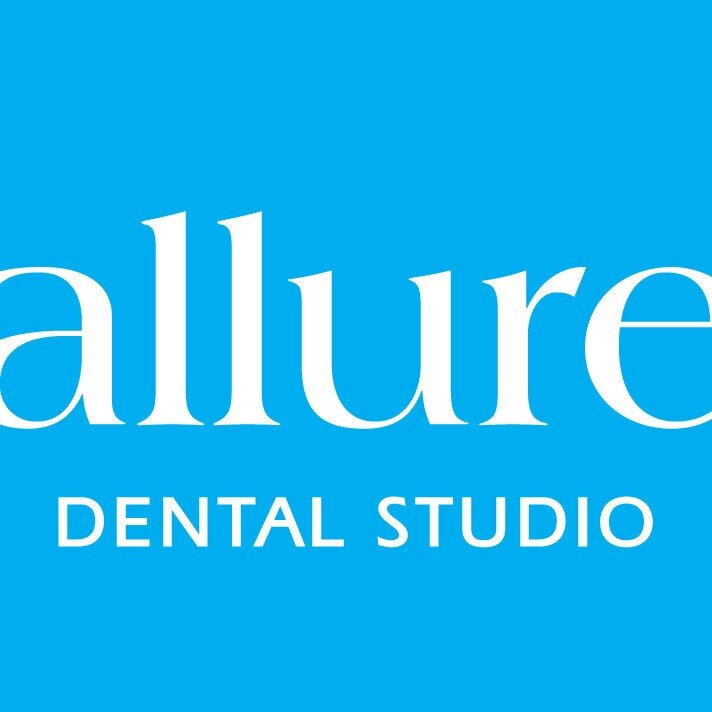Implant Source
Patient Fees & Identification
If you wish to provide your fully and partially edentulous patients with the best possible treatment options, the Implant Source is the resource you need. Allure Dental Studio has created an online portal based on its experience manufacturing thousands of full arch cases. This info is designed to give you and your practice the resources to begin the process with confidence.
Patient Fees
How should you charge your patient?
The average cost for a hybrid in the Bay Area is $25,000 - $30,000 or more per arch. This includes the surgery, the conversion, and the final restoration.
There are many ways to restore your patient with a variety of appliances. The fees below are an example of the most common types of restoration and do not include the cost of surgery.
Restorative Options (does not include cost of surgery)
Titanium Hybrid
$10,000 - $12,000
Zirconia
$12,000 - $15,000
Zirconia + Titanium Bar
$13,000 - $16,000
Premium Titanium
$15,000 - $18,000
Patient Identificaton
If you want to restore these types of cases in your practice, you will need to do a few things before starting to identify patients.
What makes a good full arch immediate load implant candidate?
Severe caries
Severe periodontal disease
Severe bruxers
Completely edentulous
Partially edentulous, compromised abutments and/or not successful with partial denture
Although fully edentulous patients are obvious candidates for fixed-removable treatment, patients with failing dentition would also benefit from such a procedure. In fact, you may find patients with failing dentition more open to the treatment option.
Edentulous patients are often used to life with dentures, and in many cases have accepted that fact. It is much harder for a dentate patient to accept the fact that they are going to lose all their teeth. Because of this, you may find these patients more motivated to accept this type of treatment.
Most of the patients treated still have some or even all of their teeth left. Below, are some examples of failing dentition, which is the most common kind of restorative case.
Preparing Your Team
Everyone in your practice needs to know that you want to offer these types of treatments. At your next team meeting, let your team members know what your intentions are, and use this website to educate them.
Your team members all have a role to play, therefore it is important for them to be educated in the concept, vocabulary, and most importantly, the flow of the treatment plan. It is difficult to be enthusiastic about a treatment you know nothing about.
Your team members have an incredible influence over case acceptance as they spend most of their time with the patients. In many instances, they are influenced more by the team members than the doctor.
Your receptionist needs to have the right training and script to answer the phone. He/she is your front line and needs to be well trained. They need to discern from a phone conversation what the patient's needs are, and give you an opportunity to meet the patient. Some key words to recognize would be “Teeth-In-A-Day™, Teeth-In-A-Hour™, All-On-4™, immediate load, conversion same day, etc.
Your Dental hygienist should learn to recognize future candidates and start introducing the patients to implant dentistry. They need to start planting the seeds with future candidates.
Your front office manager should look through all your patients’ files for both edentulous patients and patients with terminal dentition. Once identified, make it a point to contact all of them.
Your waiting room should have marketing pieces, promoting your services, and your website needs to feature these types of treatment plans. Ideally, you want to feature patient testimonials. Your implant manufacturer will be able to help you with this. These marketing materials are often offered to you at no cost. If you are interested in patient testimonials, we can help you with this service for a discounted fee.
Your case presentation to the patient will require models to demonstrate the difference between restorations, featuring their advantages and disadvantages.
Case presentation is a critical element of high case acceptance, and is often overlooked, but it is not as important as the entire patient experience within your practice.
